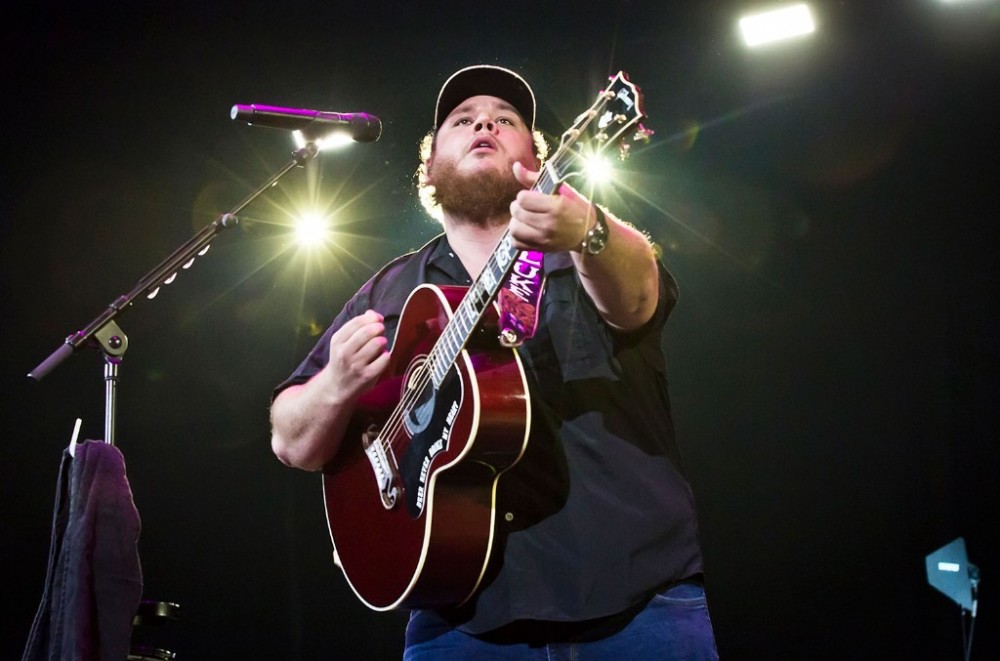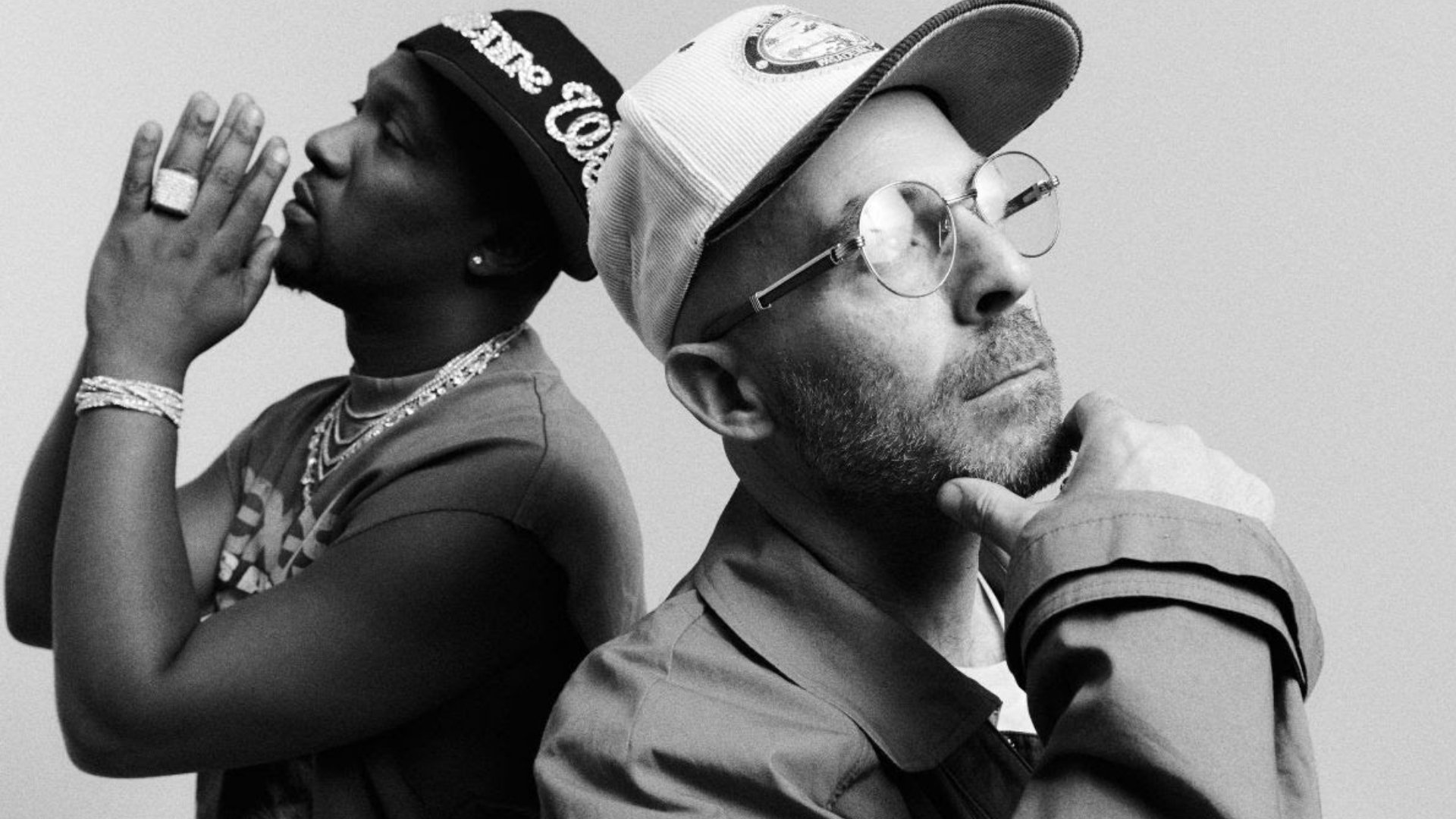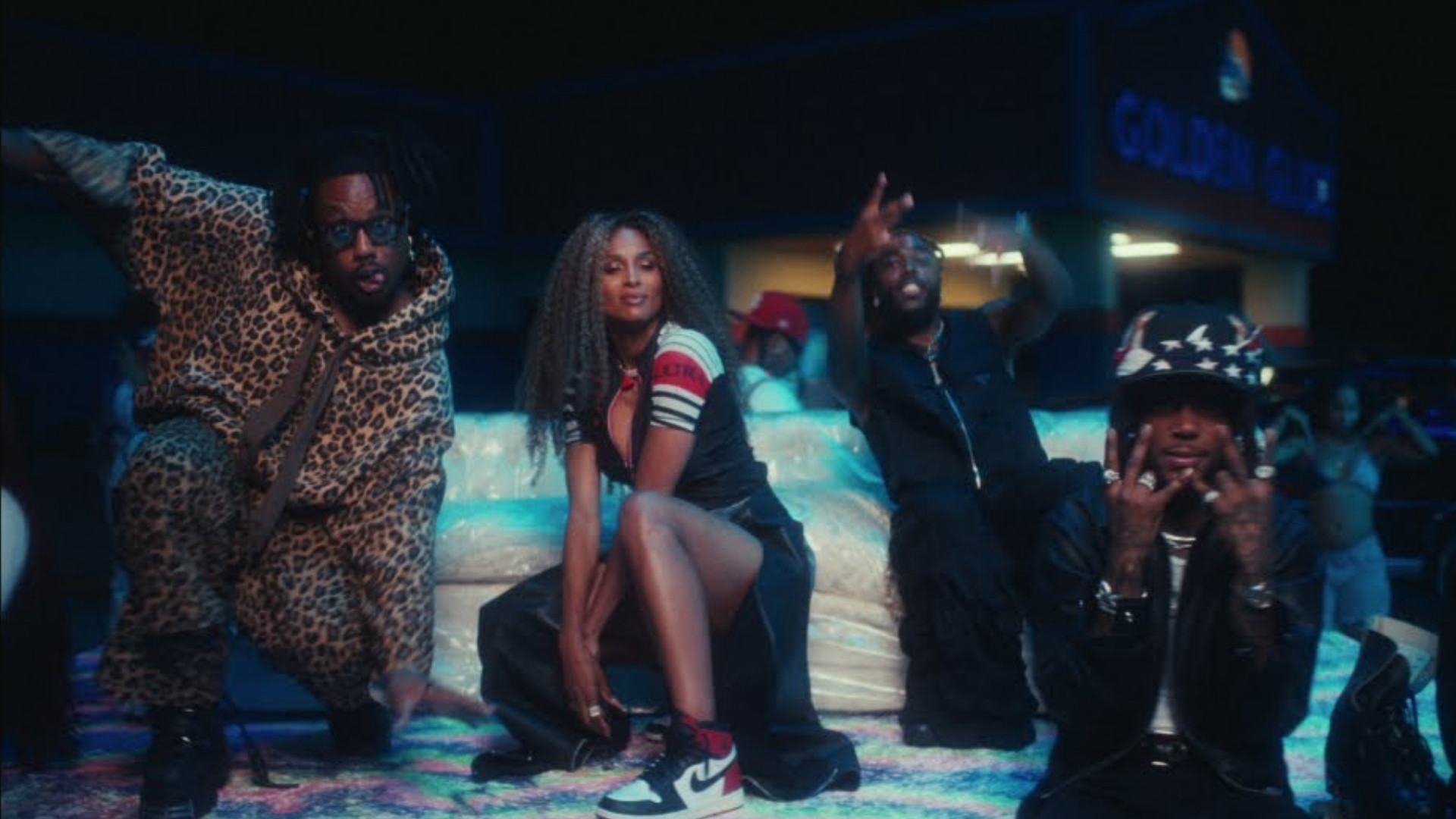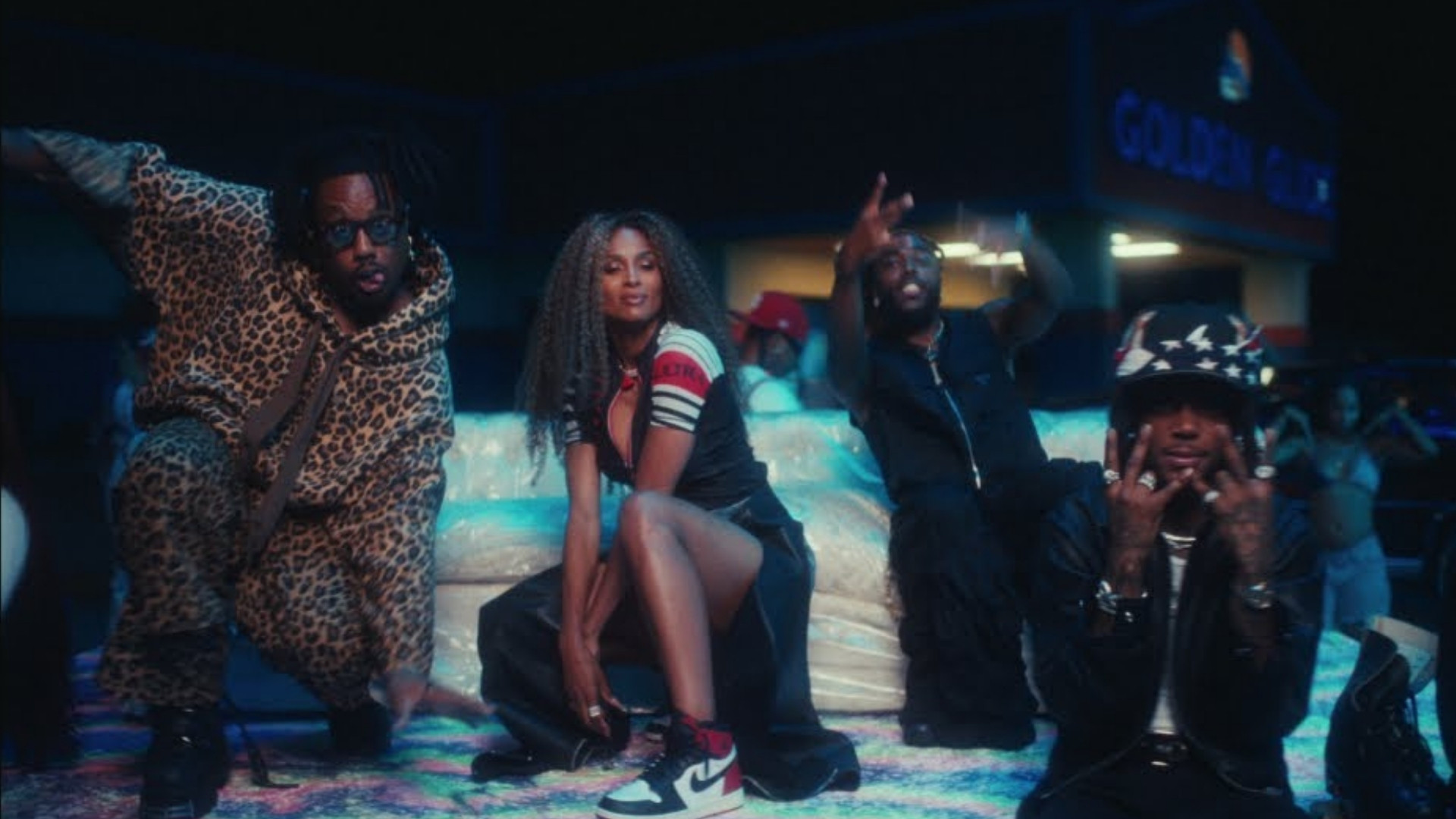"As songwriters, we're supposed to write songs that touch people's emotions, whether it be positive, negative, happy, sad, angry, whatever."
John Rich wrote a song that references toilet paper, Luke Combs recorded a new title with a group of masked musicians, and Craig Morgan sang in support of first responders during a Grand Ole Opry appearance to a house full of empty seats.
The novel coronavirus has created unusual cultural circumstances, and country artists have responded in ways that are often novel at a granular level. But from the big-picture view, they’re doing what artists do: writing, performing and recontextualizing songs to reflect the world around them, particularly at a time when that world is a bit askew.
“As songwriters, we’re supposed to write songs that touch people’s emotions, whether it be positive, negative, happy, sad, angry, whatever,” says Morgan.
The country songs that have thus far emerged during the COVID-19 era run that gamut. Big & Rich‘s “Stay Home” is silly, Combs’ “Six Feet Apart” is hopeful, and Morgan’s “The Mask” offers thanks. Thomas Rhett‘s “Be a Light” — featuring Reba McEntire, Keith Urban, Hillary Scott and Christian artist Chris Tomlin — takes a prayerful tack, Eric Church‘s “Behind These Ray-Bans” adopts a cheerleader quality, and Chris Janson‘s YouTube performance of “Put Me Back to Work” is a hard-hitting punch to the gut.
“A few weeks ago, I met a neighbor who had just lost his son to suicide from being out of work,” Janson told Billboard in an email. “Not only was it heartbreaking, but I’d heard other stories just like his. I was thinking about the hurt and the struggles that so many of us are feeling right now. So I woke up the next morning heavy-hearted and did what I do: I wrote.”
It’s a tradition in country music. Beginning with World War II, every 20th-century war has led to hits inspired by the news, and such topics as the pill, the Great Depression and the rise of hippie culture spurred songwriters, too. In this century, 9/11 and the 2008 recession — which yielded Rich’s “Shuttin’ Detroit Down” and Ronnie Dunn‘s “Cost of Livin’ “— earned musical reactions.
“Part of our job as songwriters is to do stuff like that,” reasons Rich.
But it’s not a cut-and-dried issue. Combs has used the shutdown to write and stockpile new material, but “Six Feet Apart” — which was officially released May 1 — is the only song that specifically addresses the coronavirus. And he was on the fence about tackling it until his co-writers, Brent Cobb and Rob Snyder, told him they already had developed a concept.
“I don’t want people to ever think I’m taking advantage of a bad situation to make money,” he says. “That’s just not what we were going for.”
Those songs, in fact, serve a purpose beyond the financial realm. People use art to process the ream of emotions that cover difficult periods, and the COVID-19 crisis certainly qualifies, with over 1.1 million infected and nearly 66,000 dead in America as of May 3, according to the Centers for Disease Control and Prevention. CCNBusiness.com reported on April 30 that more than 30 million have filed for unemployment since people began sheltering at home.
But the population’s moods and needs have changed since the coronavirus began spreading across the country, SmithGeiger executive vp digital media strategies Andrew Finlayson told attendees in a Country Music Association webinar regarding the pandemic on April 30.
“At first, it was shock and disbelief and educating people,” he said. “Now it’s this thing of ‘How can you help me cope? How can you give me hope?’ “
That was a part of the creative motivation for Church, whose “Ray-Bans” treats defeating the virus as a cultural mission. And for Combs, his “Six Feet Apart” anticipates the activities — eating in restaurants, hugs and concerts — that will be experienced again when the crisis ends. Finding humor was similarly part of the mission in “Stay Home,” which pokes fun at several lockdown issues: home-schooling, hand sanitizer and the toilet-paper shortage.
“Given these times, it’s important that it was lighthearted and upbeat,” notes Big Kenny. “We’re kind of getting a little bit tired of hearing all this negativity] and wondering what is going to happen.”
Many new songs in this safer-at-home era are being introduced solely as acoustic online performances, though several artists have followed official guidelines to yield full recordings. Big & Rich employed social distancing when they cut vocals at Big Kenny’s studio, and the musicians separately added their tracks one player at a time. Combs brought a band into a studio on April 22, with every participant wearing a face mask and recording in an isolation booth.
“It was really weird, to be honest with you,” says Combs.
Not all coronavirus-related music was created as a reaction to the pandemic. In some cases, the song already existed but found new meaning when the world changed. Brad Paisley pushed out “No I in Beer,” a humorously twisted take on unity that was written in 2018. John Paul White and Rosanne Cash offered “We’re All in This Together,” a preexisting title that is now being used to raise money for Music Health Alliance’s COVID-19 Relief Plan. And Morgan’s “The Mask,” co-written with band member Mike Rogers, was penned not about cloth coverings but about false emotional fronts. It is now being used as a celebration of first responders who hide their fear as they perform life-saving work.
Ironically, even when Morgan calls on the emotions of the shutdown, he uses a different sort of false front to hide their origin.
“I have always been hypersensitive as a songwriter to try not to write a song about the exact situation,” he says. “But you can’t help but have the effects of the situation impact your thought process.”
The current crisis is not a permanent one, even though no one knows its exact end date.
“We’re going to get through this,” Music Health Alliance CEO/founder Tatum Hauck Allsep says while citing the White/Cash duet. “We need as many people standing together as possible. We’re all in this together now. I mean, that song just says it all.”
But even after it’s over, the crisis will continue to influence country’s creative community. Lee Brice, who was among the first to respond to the virus with his early-April release “Hey World,” doesn’t expect to write more songs directly about the subject. But that doesn’t mean it won’t be somewhere in his music.
“These emotions will be around awhile,” he says. “I’m sure even years from now, I’ll be able to tap into that.”
This article first appeared in the weekly Billboard Country Update newsletter. Click here to subscribe for free.




